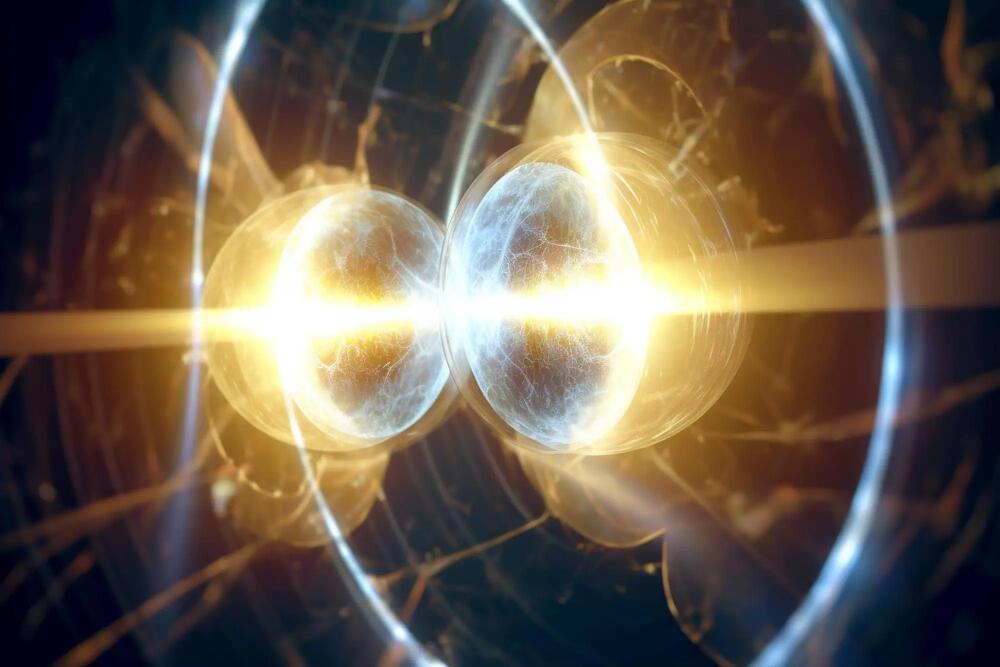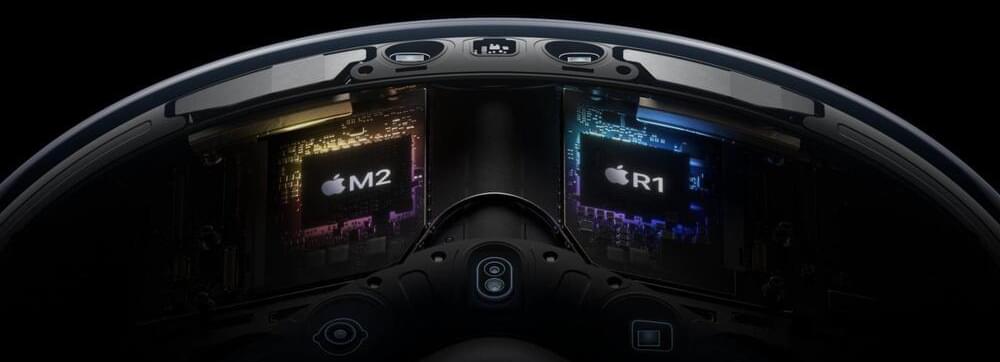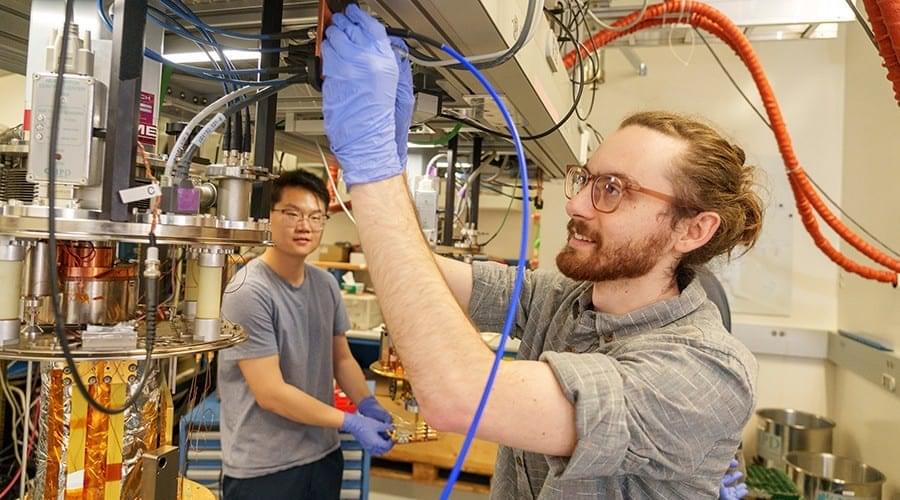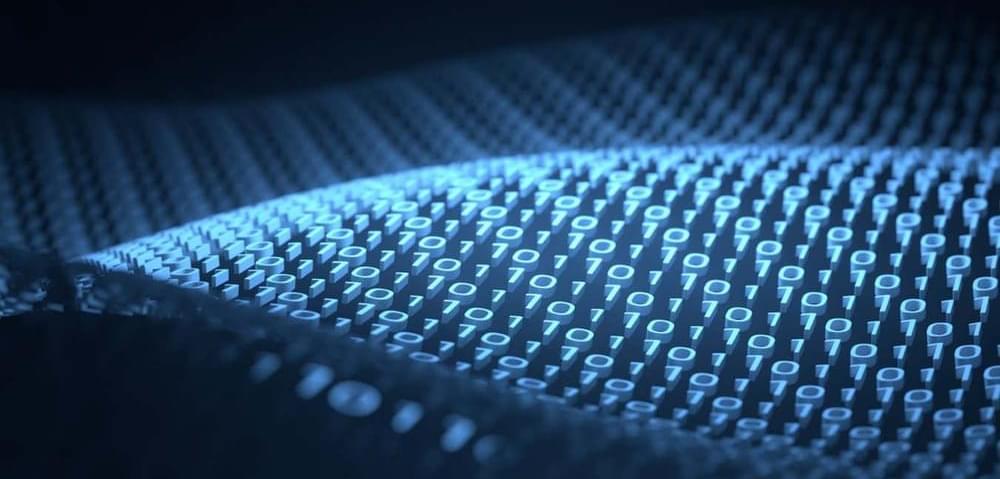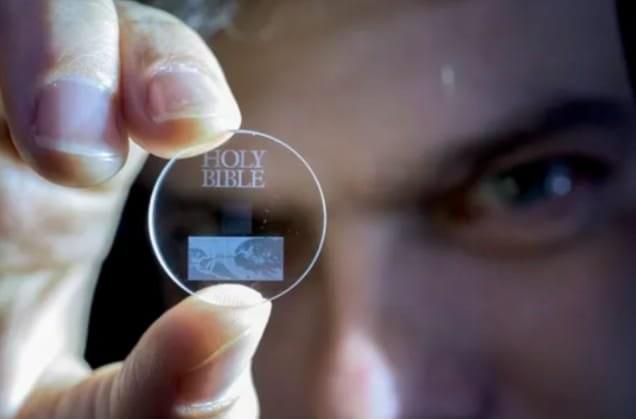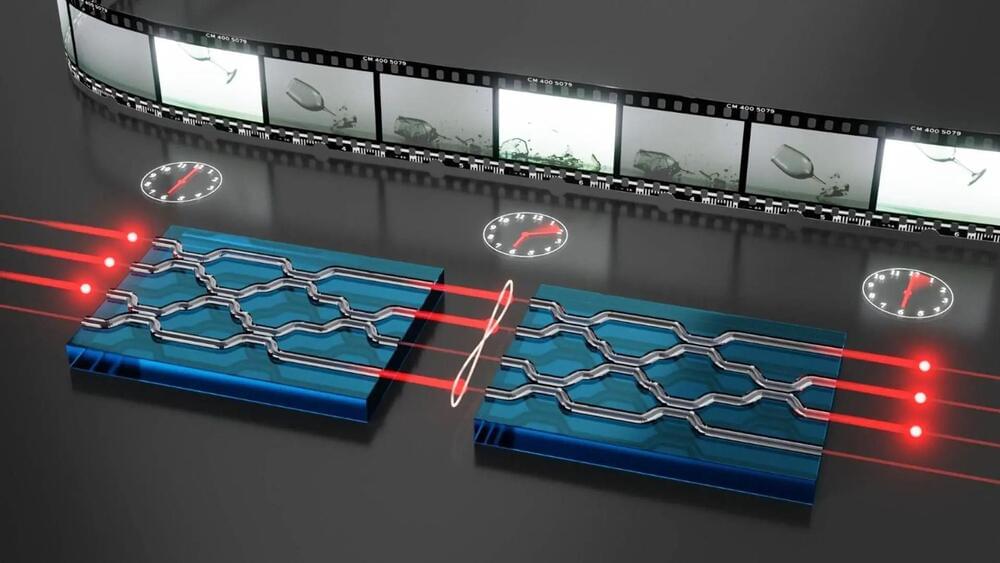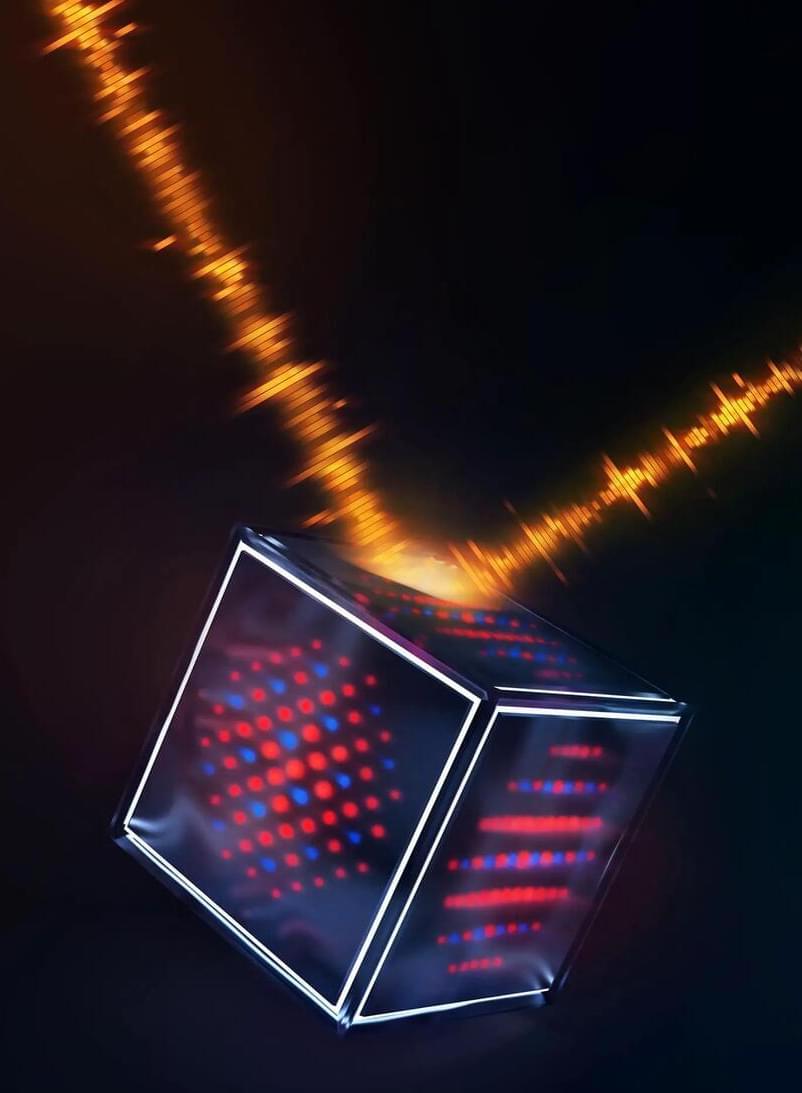The images shed light on how electrons form superconducting pairs that glide through materials without friction.
When your laptop or smartphone heats up, it’s due to energy that’s lost in translation. The same goes for power lines that transmit electricity between cities. In fact, around 10 percent of the generated energy is lost in the transmission of electricity. That’s because the electrons that carry electric charge do so as free agents, bumping and grazing against other electrons as they move collectively through power cords and transmission lines. All this jostling generates friction, and, ultimately, heat.
But when electrons pair up, they can rise above the fray and glide through a material without friction. This “superconducting” behavior occurs in a range of materials, though at ultracold temperatures. If these materials can be made to superconduct closer to room temperature, they could pave the way for zero-loss devices, such as heat-free laptops and phones, and ultra-efficient power lines. But first, scientists will have to understand how electrons pair up in the first place.
